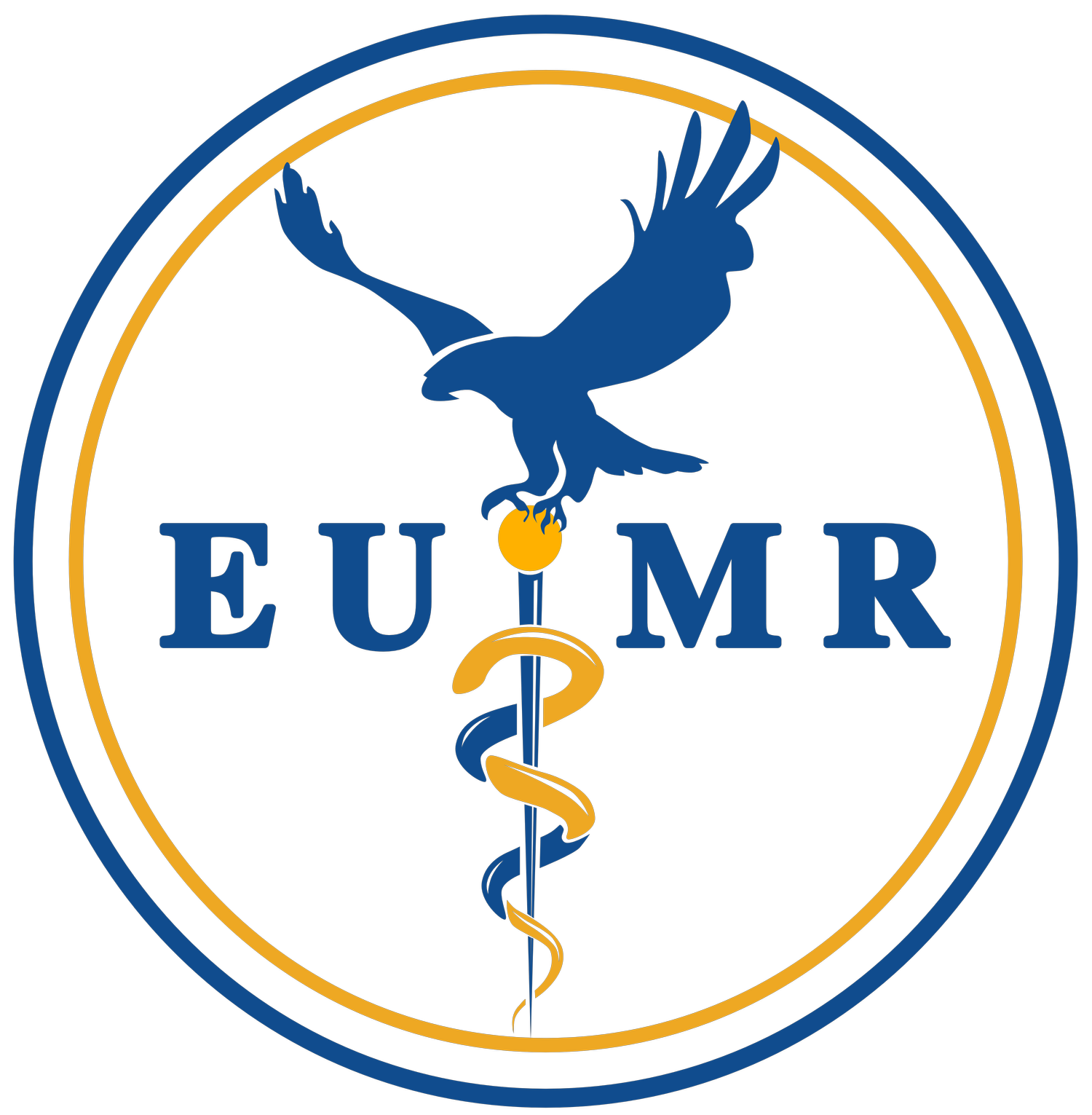Tiny Detectives: Nanorobots and the Early Diagnosis of Breast Cancer
Early diagnosis is key to improved survival rates for cancer. Nanorobots are a new breakthrough technology that can improve the diagnosis of breast cancer, one of the most common types of cancer in the United States.
Precision Medicine: The Solution to Finding Cures to Cancer?
Precision medicine is a novel field that utilizes patient genomic information to identify the most accurate and efficient treatment on a patient-by-patient basis. By tailoring the treatment to the individual, we can see better outcomes for patients with disease such as breast cancer.
Archaeology: The Medium Between the Living and the Dead
Archaeology, study of the dead, is a powerful, interdisciplinary subject that harnesses life-saving technology. The use of medical technology in archaeology has the potential to lead to future scientific breakthroughs.
Visionary Technologies: Artificial Intelligence in Lung Cancer Imaging and Diagnosis
With lung cancer being a significant cause of mortality in the US, early detection, diagnosis, and treatment are as important as ever. Deep Learning, a subset of AI, offers advanced imaging and diagnosis that can improve survival rates.
Small Molecules that Make a Big Difference: Medical Applications of Nanoparticle Engineering
Nanoparticles are an application of cellular biology that show promising applications in the fields of biochemistry, medicine, archeology, forensics, and more. Future innovations in medicine regarding nanoparticles and protein engineering have the potential to address cancer and various other diseases.





